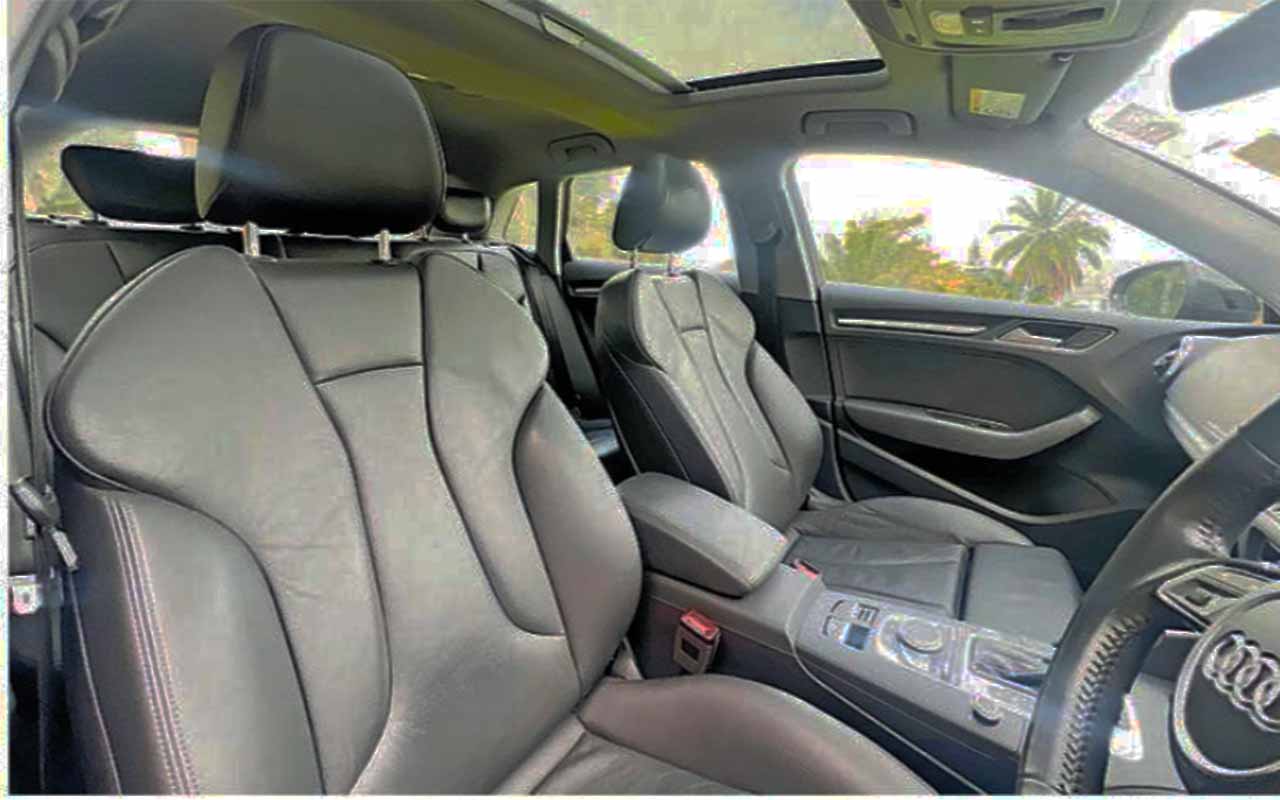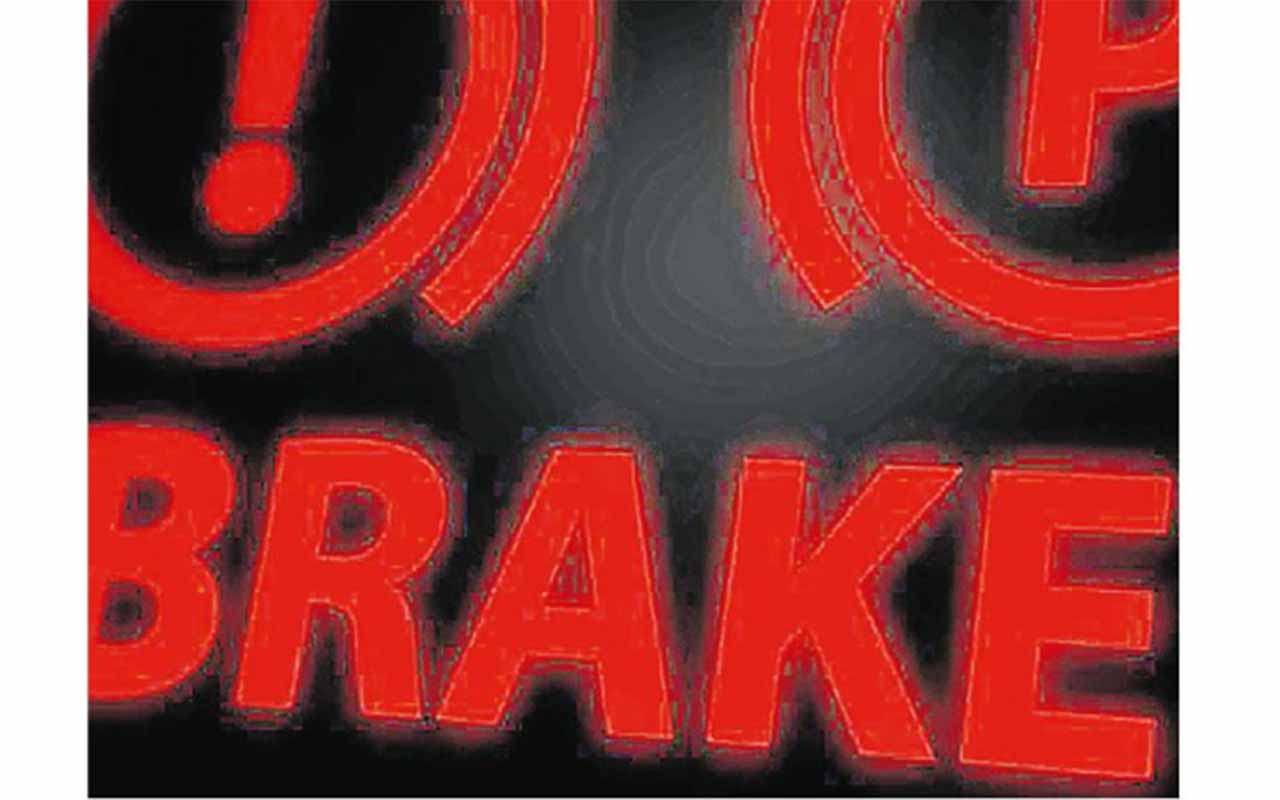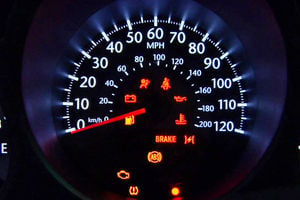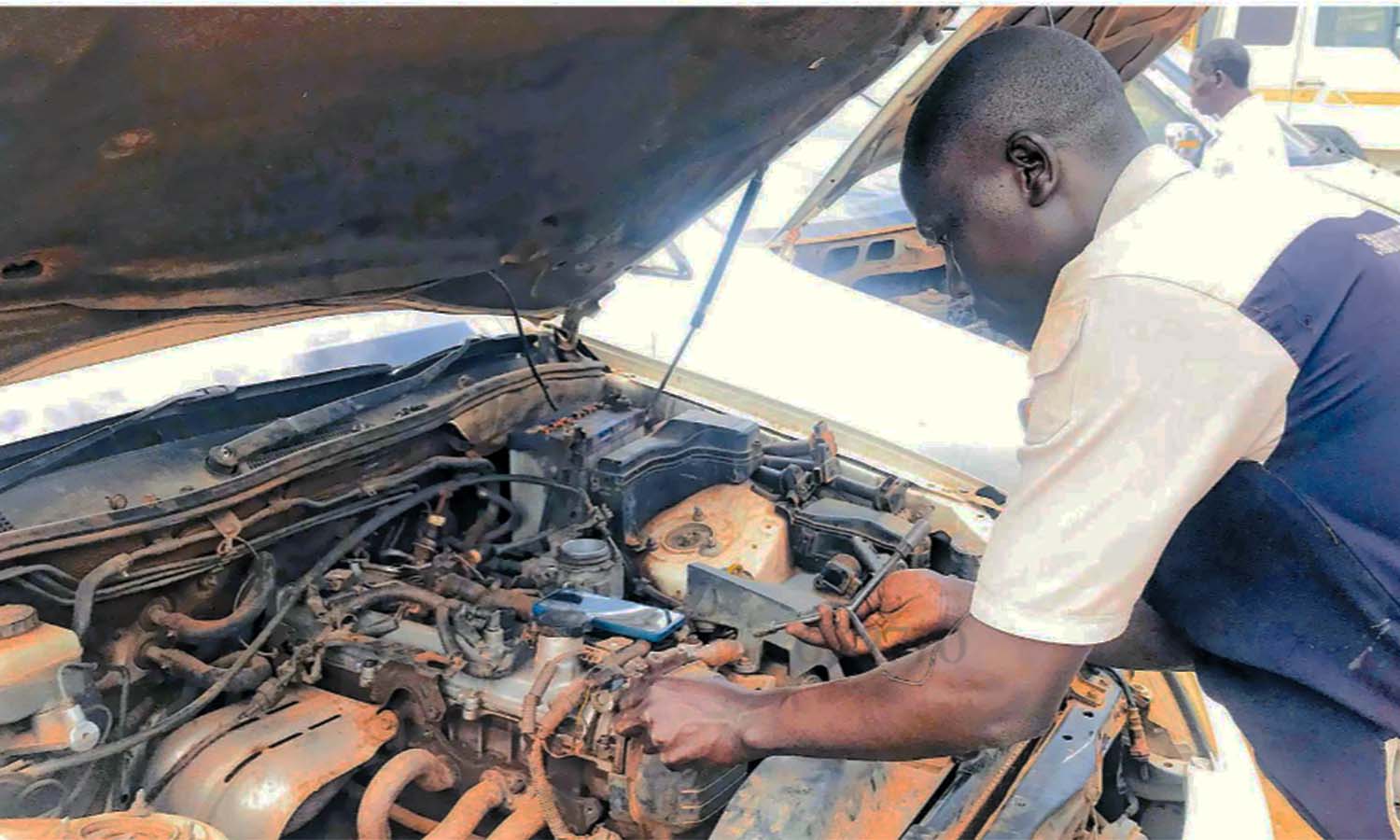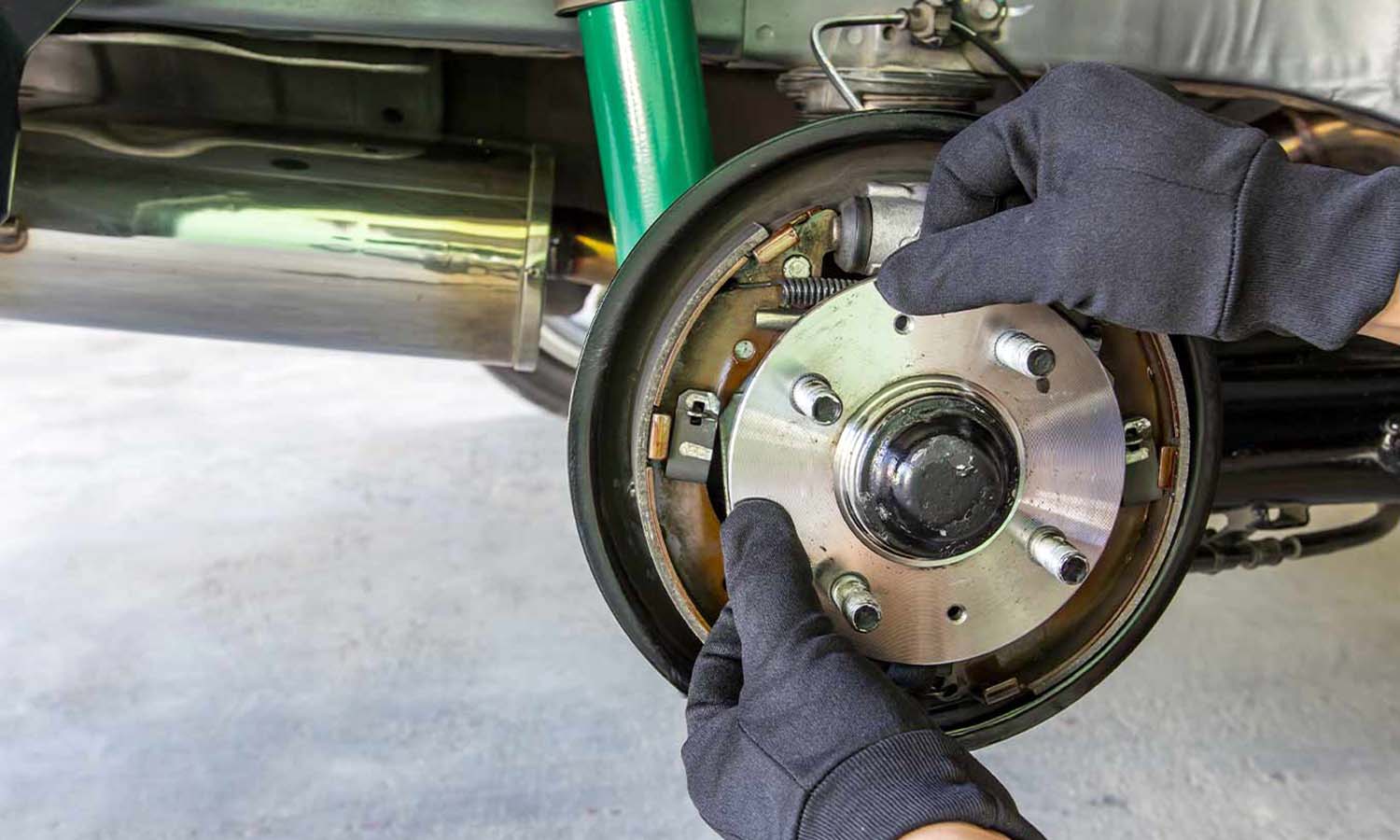
For a thorough inspection of the wheel hub bearings, a mechanic should check the vehicle while it is raised off the ground. Photo/Autowranglers.com
What are car wheel bearings? Why are they important, what causes their failure and how do I know when they are damaged? Daniel
Hello Daniel, wheel bearings, often referred to as "hub bearings," are steel balls enclosed within an inner and outer circular seal that is waterproof and packed with grease. They support the wheel hub, enabling the wheels to turn with significantly reduced friction and effort.
These components are crucial because they bear the weight of the wheels and facilitate smooth, unilateral (straight) wheel rotation.
Properly functioning wheel bearings ensure that the wheels remain properly aligned and that the constant velocity (CV) joints can turn freely, which is vital for vehicle handling, performance, and road safety.
Wheel bearings can become damaged when driving over rumble strips or speed bumps at high speeds, a common occurrence on highways. They are also susceptible to damage from road salts, muddy water, or corrosion that can infiltrate past the seals, contaminating the grease and leading to premature wear or seizing of the steel balls within the bearings.
Several symptoms can indicate that your wheel hub bearings are worn or need replacement. Your car often provides clues when it is time for a wheel bearing change.
A prominent sign is strange noises, such as a humming sound while driving on the highway. If you have heavy-duty off-road tyres, they can also produce such noise. However, do not jump to conclusions; other sounds, such as squealing or growling that intensifies with increased speed, can also signify worn-out wheel bearings.
Another warning sign of wheel bearing failure is wheel wobble during driving. This can be dangerous, as severe wobbling may cause wheels to disengage or fall off at high speeds. Additionally, steering vibrations can indicate bad wheel bearings, but it is essential to ensure your tyres are not damaged with flat patches, which can also cause steering vibrations.
Worn wheel bearings can cause uneven tyre wear. It is important, therefore, to recognise that poor wheel alignment and incorrect tyre inflation can also contribute to this problem. For a thorough inspection of the wheel hub bearings, a mechanic should check the vehicle while it is raised off the ground. This makes it easier to identify any damaged wheel bearings.

